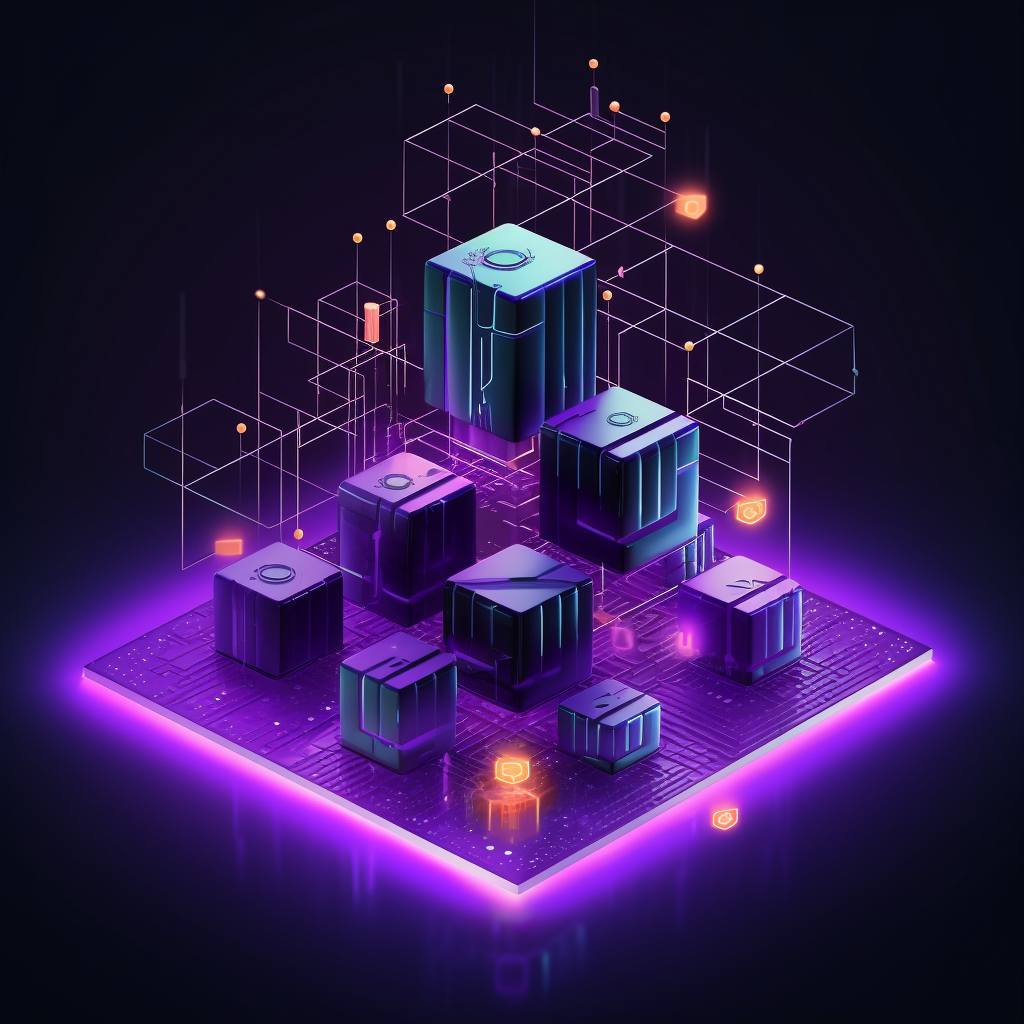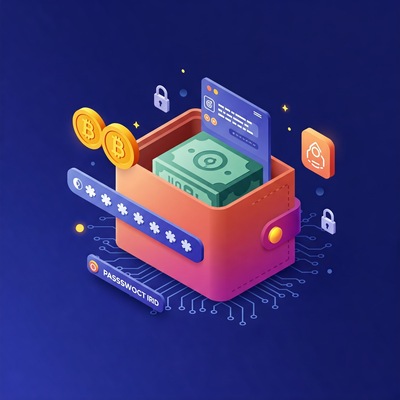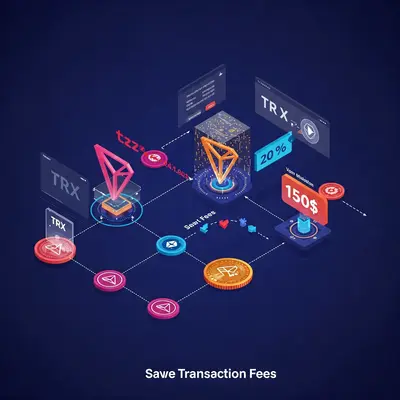Blog Post
Read our latest blog posts and stay updated with the latest trends and insights in the blockchain industry.
Explore a wide range of topics and discover valuable information that can help you enhance your knowledge and skills.

Dec 23, 2023
While the blockchain was created as a decentralized network of peers, individual blockchain networks are not open. However, the advent of blockchain API will be crucial to unlocking blockchain interoperability and mass adoption. Thus far, there has been little incentive to change how traditional systems work. However, the unique characteristics of blockchains could speed up the adoption of new systems, which are more efficient with a reasonable investment. Making the blockchain more interoperable via APIs will speed its adoption in real-world use cases.
Blockchain interoperability is the wide array of methods that allow blockchains to communicate and work more effectively. Most blockchains are not built to be interoperable. No matter how many features a blockchain might have, the transactions are meant to occur within one network. In the simplest terms, interoperability is the freedom to exchange data. One issue that arises when discussing interoperability is trust. If an asset leaves a network, it becomes difficult to trust its validity. Each blockchain has a consensus mechanism that it uses to validate data. True interoperability will entail blockchains being able to understand and process the authenticity of data from different chains. While it may seem obvious that blockchains should be designed to be interoperable, it rarely happens. However, blockchain APIs are working to meet the challenge as the benefits of interoperability become obvious. It is not the first time interoperability challenges have threatened to stifle technology adoption. The World Wide Web today would not have been possible without extensive interoperability solutions. Without various interoperability solutions, people would need hundreds of browsers to open websites and numerous operating systems on one device to use different apps. However, various innovations in interoperability have made it possible for the web to be accessible on just one device. One important solution came in the form of the W3C Consortium. Over the years, it has created common standards enabling various ecosystems to interact and operate in a common language. The semantics created by the W3C have been crucial to speaking a common language on the internet. Due to these common standards, the possibilities of the internet are endless. Blockchain APIs will have a similar role in the mass adoption of blockchain technology. They will enable different ecosystems to communicate and share data, leading to new use cases. Consequently, it will promote mass adoption.
One of the main facts about blockchain today is that no single protocol will become dominant. Instead, blockchain protocols will have to become interoperable. In the enterprise space, a few front runners have emerged: Corda and Hyperledger Fabric. However, in the public blockchain space, things are more fragmented. In short, one blockchain network will not emerge that can meet all the needs of the different use cases possible using the technology. Instead, the industry will comprise many networks, each fulfilling a niche need. One possible outcome is that data from private networks are routed to other networks without achieving one-on-one integration. Blockchain APIs will be crucial in this role. They are needed to move data across blockchains without creating a new market for intermediaries.
Interoperability of blockchains can be accomplished by ensuring the smooth transfer of data across different chains. The transfer occurs across APIs, designed to help systems communicate with each other. A Blockchain API is a well-established tool that does not have any specialized blockchain programming knowledge to use. APIs are flexible and expedient. However, they require one-on-one integration between networks, which can be inefficient if incorrectly handled. Additionally, they require some negotiation between platforms. One issue with implementing blockchain APIs is that they do not require cross-platform checks. As such, unauthenticated data can be sent from one blockchain mechanism to another. One way to avoid this is by creating data standards. The standards must be based on a common organizing principle for interoperability at scale. Once such as standard is established, interoperability will speed up.
One of the best solutions to blockchain interoperability would be the creation of common standards and the creation of a network of networks structure. After that, networks could converge around it. In existing industries that aim to adopt the blockchain, creating a neutral working group will establish common standards. Such a model would also need to support cross-chain validation of transactions. In general, the right implementation is crucial to the success of blockchain interoperability. To solve the interoperability challenges, not only technology issues will have to be solved but governance issues as well. Additionally, data ownership and commercial business models will need to be considered. While blockchain APIs offer the technological solution to interoperability, a series of interconnected topics need to be considered. Solving these other issues will help create a holistic approach to the mass adoption of blockchain technology.
Interoperability powered by blockchain APIs will improve the productivity of the entire blockchain industry. It will allow users to move assets and data across networks fast, increasing flexibility for the masses. Instead of being tied to one network, smart contracts can run on multiple chains and oracles, which submit real-world data across various platforms. When combined with the inherent benefits of decentralization, interoperability will act as the basis for the widespread adoption of the blockchain.
Enter your email to receive our latest newsletter.
Don't worry, we don't spam

chaingateway

chaingateway

chaingateway
Various use cases for a blockchain API to foster efficiency, improve speed of blockchain transactions while promoting adoption of blockhain technology.
How webhooks can be used to process deposits on the blockchain automatically to improve efficiency, and speed.
The role of Blockchain API in maximizing the potential of blockchain technology, with an example of the Binance Smart chain API.